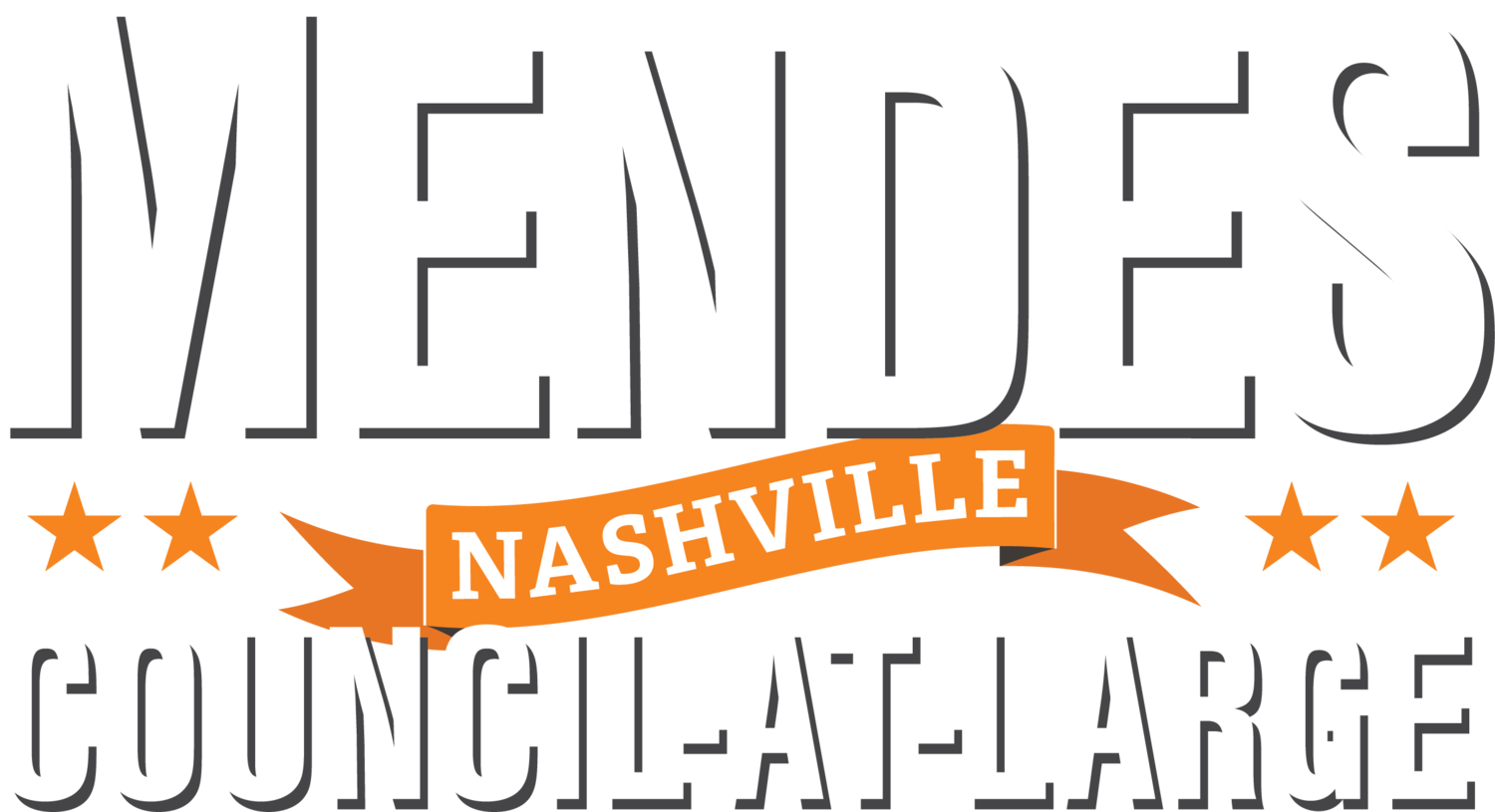License plate readers
On February 1, 2022, the Council will consider the third and final reading of BL2021-961, which would authorize the Metro Nashville Police Department to use license plate readers. The bill needs 21 votes to pass on third reading. Although it got 22 votes on second reading on January 18, I am hopeful that we can still defeat it. I will vote against passage again on February 1.
There are major big picture problems with this proposed LPR law.
RISK TO INDIVIDUAL RIGHTS AND LIBERTIES: Those in favor of LPRs say that the risk of using LPRs to infringe on individual rights is low. There’s plenty of risk. You don’t even have to leave Middle Tennessee to find stories about mistakes. Here’s one from last summer where a fully innocent woman was surrounded and detained by Mt. Juliet police due to an apparent data entry error in Nashville. You can do a basic internet search to find many more examples. How many mistakes like this can we tolerate? If you had to guess, do you think the mistakes are going to be racially neutral?
I wrote most of this post before the deadly police shooting on I-65 on January 27 where nine officers shot and killed an unarmed man. This tragic shooting puts a face on the fact that policing mistakes can be deadly, even if you assume the best of intentions for everyone involved. Deploying new technology with a known error rate doesn’t make sense to me unless very precise protections are put in place.
THE PROPOSED ORDINANCE ALLOWS TOO MUCH: The bill being considered on third reading on February 1 sets a very low threshold for the use of LPRs in Nashville. Proponents of the bill focus on the potential to help with stolen cars and dangerous felonies. But the legislation allows LPRs in many more situations, including if there is “reasonable suspicion” of a felony, some misdemeanors, and even a "civil traffic” offense. The ordinance also requires comparing Metro’s LPR data to vehicle “hot lists” generated across the country. Some “hot lists” can include license plates associated with insurance violations or gang watch lists. See here for more information about the many reasons a vehicle might show up on a hit list.
NOT ENOUGH OVERSIGHT: The bill sets up MNPD to create its own policies for implementing LPRs, to oversee the people running the program, and then to audit themselves. To have meaningful oversight, any audit must be conducted by an outside group. We won’t get that with this proposed LPR ordinance.
On top of the big picture concerns, the proposed ordinance is a mess. It reads like many different people wrote parts of it and it was cobbled together from there. This isn’t an academic concern. This ordinance is legitimately hard to read, internally inconsistent, and unclear in places. Here’s an annotated version of the ordinance where I go through these issues.
There are too many problems with this bill. I’ll vote against it.
There’s still time before our February 1 meeting to let the Council know how you feel. You can email your individual Council Member or all of us at CouncilMembers@nashville.gov.
